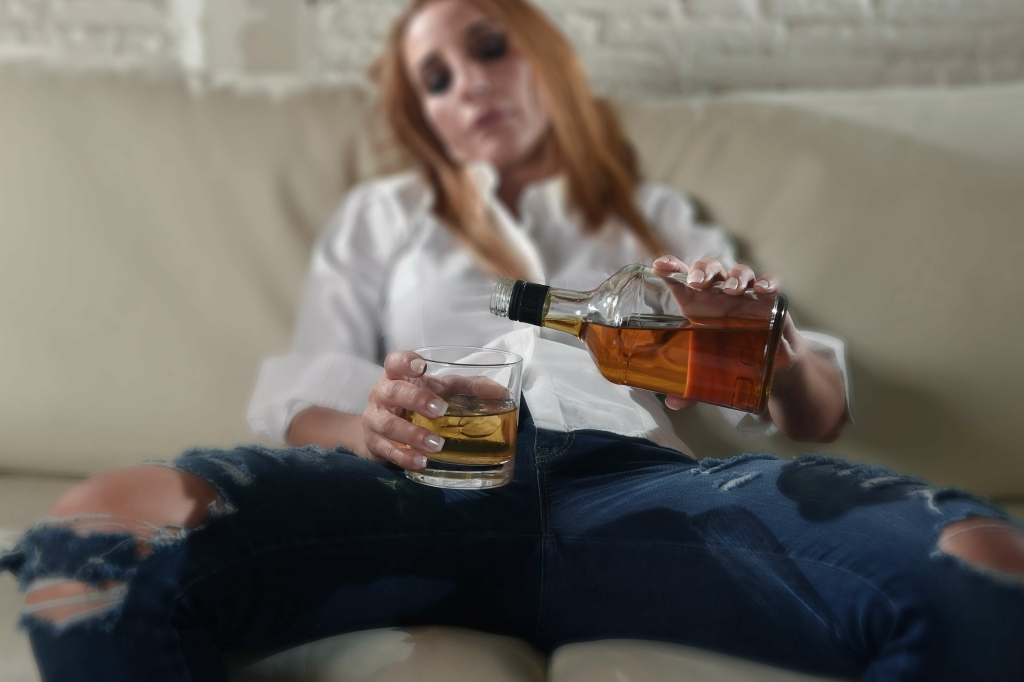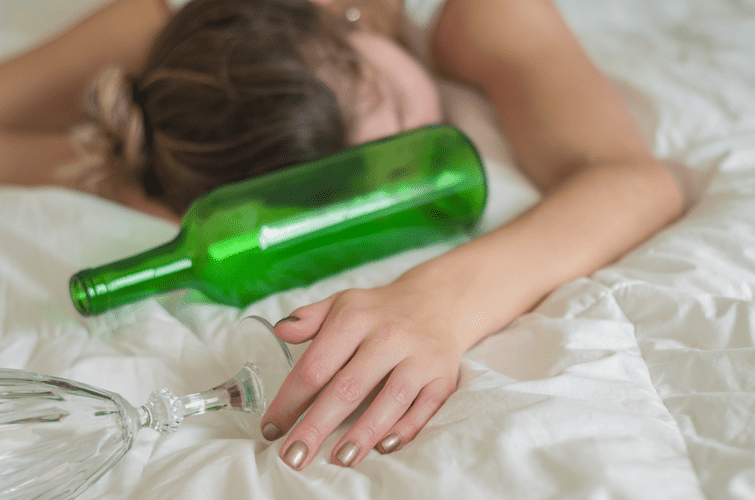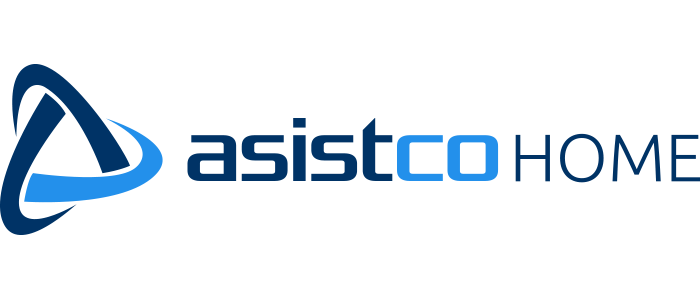Free treatment solutions do exist, as well as grants to assist in paying for private treatment centers. Alcohol, tobacco, and opioids are among the most frequently misused drugs. Find rehab for yourself or a loved one by speaking with a treatment provider. Family therapy can help both the patient and their relatives understand unhealthy relational patterns Twelve-step program like co-dependency and enabling and help them understand that addiction is a family disease.
- Taking that first step toward recovery is a huge deal, and it’s completely normal to have a lot of questions.
- AA meetings are found 24/7, 365 days a year, with many throwing 24-hour marathons during difficult traditional holidays.
- Importantly, avoid becoming an enabler or creating unrealistic expectations, which can worsen an already sensitive situation.
- Addiction is a multifaceted disorder that can touch all aspects of a person’s life and also impact loved ones.
- That’s why most people undergo detoxification with medical supervision.
- It involves building relationships with family members, identifying problematic interaction patterns, and promoting healthier ways of relating through reframing and task assignments.
Detoxification and the Journey to Sobriety
Supervised medical detoxification helps people safely go through the withdrawal process from substances until they are no longer present in their system. It is often the first step in treating individuals recovering from moderate to severe substance use disorders and addiction. In some cases, detoxing from what is the best treatment for substance abuse for older adults certain substances require medication-assisted therapy (MAT) to help ease the severity of withdrawal symptoms and prevent life-threatening medical conditions.

Substance Abuse and Addiction in the Family Unit
Find out how NIMH engages a range of stakeholder organizations as part of its efforts to ensure the greatest public health impact of the research we support. If you or someone you know has a mental illness, there are ways to get help. Use these resources to find help for yourself, a friend, or a family member. While naloxone has been on the market for years, a nasal spray (Narcan, Kloxxado) and an injectable form are now available, though they can be very expensive. Whatever the method of delivery, seek immediate medical care after using naloxone.
Advancing Recovery Research
Addiction treatment can also be initiated in other settings including emergency departments (for instance, after a drug overdose) and in criminal justice settings. Explore key milestones, discoveries, and the impact of NIMH-funded studies on mental health. Information about NIMH, research results, summaries of scientific meetings, and mental health resources. The latest information and resources on mental disorders shared on X, Facebook, YouTube, LinkedIn, and Instagram. Download, read, and order free NIMH brochures and fact sheets about mental disorders and related topics.
- Outpatient treatment programs are the usual setting for drug and alcohol abuse treatment.
- Free treatment solutions do exist, as well as grants to assist in paying for private treatment centers.
- When that person is ready to seek treatment, help them look for specialized support for their condition that can also provide comprehensive assistance with tackling contributing co-issues.
- This method combines elements of strategic therapy, which focuses on finding effective solutions to specific problems, with family systems therapy, which examines the family unit as an interconnected system.
- Therapies help increase patient motivation, self-confidence, self-esteem, communication, self-awareness, feelings of well-being, and provide a sense of purpose.
- Research indicates that the vast majority of people who are addicted to drugs or alcohol have an underlying mental health condition or significant emotional/psychological difficulty.

Twelve-step programs like Narcotics or Alcoholics Anonymous are also peer support groups. But keep in mind that https://iopsatraining.co.za/genetics-of-alcoholism-hereditary-factors-of/ they aren’t led by a trained psychotherapist and, thus, aren’t the same as group therapy. While any counseling therapy for drug abuse treatment is better than none, group therapy is generally preferred over individual therapy. In group therapy, you’re more likely to be both challenged and supported by peers who are also going through rehab. Counseling helps you escape cravings and learn to manage what life throws at you without drugs or alcohol. Explore the stages of detox, from the first withdrawal symptoms to long-term recovery.

Department of Health and Human Services (HHS), CM has consistently demonstrated effectiveness in improving treatment retention and promoting abstinence across various SUDs, particularly stimulant use disorders. There are many different types of therapeutic interventions that cover various aspects of addiction recovery. For instance, CBT is highly effective in addressing the psychological aspects of addiction while Dialectical Behavior Therapy (DBT) focuses on teaching coping skills to manage stress. Chronic alcohol abuse can lead to a number of health conditions, including cirrhosis of the liver, heart and circulatory problems, and premature death. Long-term alcohol abuse can also cause mental health problems and brain damage.
- Experiential therapy utilizes non-traditional treatment methods to help people overcome uncomfortable emotions or events through self-expression.
- It enables patients to identify and modify negative thinking patterns, ultimately empowering them to develop effective coping strategies and achieve their treatment goals.
- Not all treatments or services described are covered benefits for Kaiser Permanente members or offered as services by Kaiser Permanente.
- Finding people who genuinely get what you’re going through can be a total game-changer.
- Meditation promotes a calm mind for those who suffer from anxiety and other stress-related conditions.
- This ongoing support significantly lowers the risk of relapse and helps cement the healthy habits you worked so hard to build.
Motivational therapies operate on the principle that individuals are more likely to change their behavior when they are intrinsically motivated rather than coerced or externally pressured. The therapeutic process involves open-ended questioning, reflective listening, and affirming the client’s autonomy and ability to make positive changes. According to the National Institute on Drug Abuse, these techniques have been proven effective in increasing treatment engagement and retention, reducing substance use, and promoting long-term recovery. CBT is one of the most widely used therapeutic interventions and helps individuals identify and challenge distorted thinking, and learn new coping mechanisms. According to a 2017 publication by the American Psychological Association titled “What is Cognitive Behavioral Therapy?
Treatment often begins with detoxification, using medicine to reduce withdrawal symptoms while a substance leaves the system. Fully licensed residential facilities are available to structure a 24-hour care program, provide a safe housing environment, and supply any necessary medical interventions or assistance. Therapy might occur on a one-to-one, group, or family basis depending on the needs of the individual. It is usually intensive at the outset of treatment with the number of sessions gradually reducing over time as symptoms improve. In 2017, an electronic device called the NSS-2 Bridge became available to reduce opiate withdrawal.



